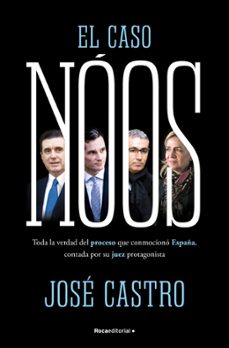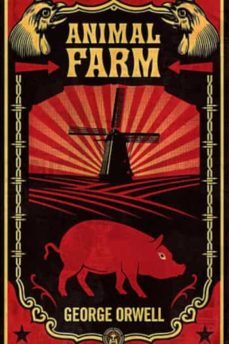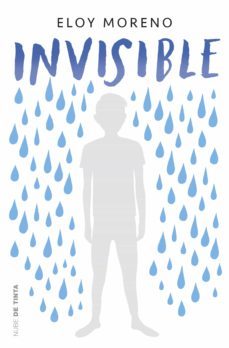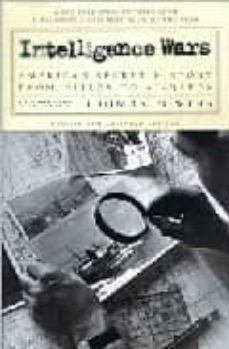Imprescindibles
Ficción
Literatura ContemporáneaEstudios literariosClásicosCuentosPoesíaTeatroLibros de bolsillo Sagas literarias
Géneros literarios Novela romántica y eróticaNovela negraNovela históricaNarrativa fantásticaNovela de ciencia ficciónNovela de terrorNarrativa de humorNarrativa de viajes
Literatura en otros idiomas Literatura en inglésLiteratura en francésLiteratura en otros idiomas internacionales
No Ficción
Ciencias y tecnología BiologíaCienciasCiencias naturalesDivulgación científicaInformáticaIngenieríaMatemáticasMedicinaSalud y dietas Formación Idiomas Estilo de vida Libros de CocinaGuías de viajeNarrativa de viajesDeportesLibros de JuegosManualidades
Humanidades Autoayuda y espiritualidadCiencias humanasDerechoEconomía y EmpresaPsicología y PedagogíaFilosofíaSociología Filología BiblioteconomíaEstudios filológicosEstudios lingüísticosEstudios literariosHistoria y crítica de la Literatura
Infantil
Juvenil
Cómic y Manga
Novela gráfica Novela gráfica americanaNovela gráfica europeaNovela gráfica de otros países Personajes, series y sagas Series y sagasStar Wars Superhéroes Cómics DCCómics MarvelCómics otros superhéroesCómics Valiant
eBooks
Literatura ContemporáneaNarrativa fantásticaNovela de ciencia ficciónNovela de terrorNovela históricaNovela negraNovela romántica y erótica Juvenil Más de 13 añosMás de 15 años Infantil eBooks infantiles
Humanidades Autoayuda y espiritualidadCiencias humanasEconomía y EmpresaPsicología y PedagogíaFilosofía Historia Historia de EspañaHistoria Universal Arte CineMúsicaHistoria del arte
Ciencia y tecnología Ciencias naturalesDivulgación científicaMedicinaSalud y dietas Filología Estudios lingüísticosEstudios literariosHistoria y crítica de la Literatura Estilo de vida CocinaGuías de viajeOcio y deportes
THOMAS POWERS
Recibe novedades de THOMAS POWERS directamente en tu email
Filtros
Del 1 al 2 de 2
THE NEW YORK REVIEW OF BOOKS 9781590170984
Thomas PowersThe failure to find weapons of mass destruction in Iraq has riveted America's attention once again on the issue of secret intelligence -- how it is gathered and evaluated, and how it is ultimately used to determine policies. Why was the CIA's pre-war assessment of Iraq completely wrong? Did the Bush administration pressure the agency to come up with a justification for a war it had already decided to wage? Will we ever really know? To understand the current crisis of the CIA, we need to know how the intelligence business works, and no one outside it knows more about its culture than Thomas Powers. The essays collected in this volume tell stories of shadowy successes, ghastly failures, and, more often, gripping uncertainties. They range from the exploits of "Wild Bill" Donovan's OSS during the Second World War, through the CIA's long cold war struggle with its Russian adversary, to the failure to prevent the attacks of September 11. Here too are the Kennedys with their fixation on getting rid of Castro; real, suspected, and imagined Communist spies, moles, and double agents; and obsessive characters like James J. Angleton and Richard Perle. With a new preface and three new essays analyzing the Iraq war and its consequences, this updated edition examines urgent questions for an age of terrorism and preemptive war. What role should secret intelligence have in the policy debates of a democratic society? Can we trust the CIA to resist White House pressure, give the president accurate and impartial analyses, and then stand by them?
Ver más
Tapa blanda
DA CAPO PRESS (PLENUM) 9780306810114
Tapa blanda
Del 1 al 2 de 2






























